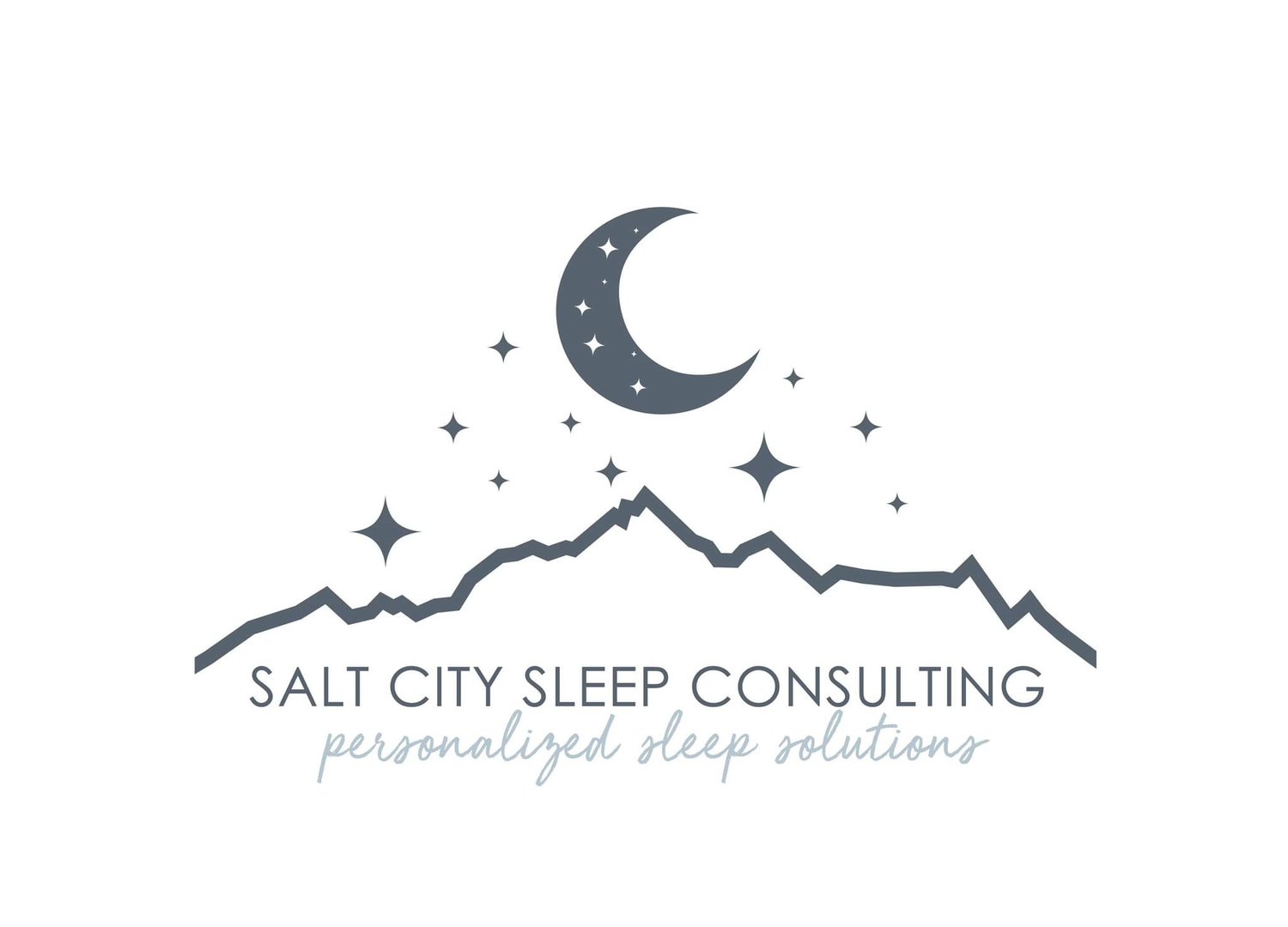Salt City Sleep Blog
Sometimes better sleep is just a few tweaks away. Click through to find answers to questions you may have.
6 Month Sleep Regression Crying
I think we hear a lot about the 4 month sleep regression and how hard it is. I think we hear less about the 6 month sleep regression, which is actually a harder regression because of all the developmental milestones happening at the same time.
Sleepy Cues
So you have your nap times right now (last week), but you’re not hitting that sweet spot when Baby falls asleep easily and stays asleep for 1-2 hours. This is where sleepy cues come into play. Sleepy cues are little signs that your baby is getting tired, since they can’t -and won’t- come out and say “I’m tired, will you put me down for a nap please?”
Here are a few of the best sleepy cues to watch for:
All About Naps
I’ve talked before about how wake windows are only ideal until about 16 weeks of age. So what do we do after that?
These are the nap times I recommend to my clients, with the goal being to get nap time when sleep drive is high and wake drive is low. This will help your baby fall asleep the very easiest and get the most restful nap. These are all start times, we want most of these naps to be 1-2 hours long.
Short Nap Blues
Troubleshooting short naps can be tricky- but it doesn’t have to be.
When I hear that a little one’s naps are short, generally speaking, my brain goes right to them being overtired. Short naps are a classic sign of being overtired, along with many night wakings and waking early in the morning. Another cause for short naps could be a regression.
Being Overtired is Hard
When our bodies are overtired, we don’t feel quite right. We may even start to feel ill. The same is true for your baby; when your baby is overtired, their body doesn’t feel right, either.
Mom Guilt and Sleep Training
Mom guilt is real and so hard. I can completely understand feeling mom guilt about wanting or needing to sleep train your little one. When you’re doing it alone, it feels scary and unsure and like you aren’t making the right decision for your family.
Support Package or One-Time Call?
What is the difference between a one-time call and doing a full support package? How can you know what is best for you?
Why Does My Baby False Start at Bedtime?
Is your baby prone to “false starts”, or waking up multiple times shortly after going to sleep for the night?
This is a classic sign that your baby is overtired. Thankfully, the answer is relatively simple.
Will Sleep Training Harm My Baby?
I’m tackling a harder question today and that is- does sleep training harm your relationship or your child’s development.
The short answer is no.
How to Move Baby Out of Your Room
If you’re looking to transition Baby to their own room, make sure the sleep space is clear from any extra bedding, away from curtains or anything that can fall into the bed on accident. Make sure you have a monitor; while video monitors are a fantastic tool, they aren’t 100% necessary. A sound monitor will be sufficient.
The Best Time to Sleep Train
After 16 weeks, sleep training will be the most helpful when your baby is healthy (read: not sick) and the easiest when you’re between developmental leaps.
Custom Sleep Help at a DIY Price
There is nothing wrong with “do it yourself” sleep programs online. I just know sometimes there are questions left unanswered. Or you watched the videos and read all the material but you forgot what to do for this specific situation and don’t know where to find the answer.
Enter: custom sleep help- at a “Do It Yourself” price.
6 Week “Regression”- Part 2
In part 1 we talked a bit about why this regression- or progression- happens. This week we will talk about what to do when this happens. We can start with the 5 S’s.
6 Week “Regression”- Part 1
The 6 week regression is less of a sleep regression and more of a huge leap in development. Your baby is going through a huge amount of growth and their senses start to develop more so they are more aware of the world around them and more aware of their body and sensations inside their body.
PMADs and Sleep
What are the risk factors for PMADs? How can we get help for a PMAD? And what does this mean for sleep? Sleep training should be adjusted based on mom’s mental health, but you can absolutely still sleep train.
PMAD Symptoms
Last week we introduced PMADs and talked about the importance of differentiating between a PMAD and “postpartum depression”. This week I want to talk about each of the disorders and the signs of each.
As I mentioned before, PMADs can include depression, anxiety, OCD, PTSD, and/or psychosis. Here we go over symptoms of each.
Introduction to PMADs
What does it even stand for? PMADs is Perinatal Mood and Anxiety Disorders. There is a push to get away from the term “postpartum depression” to the acronym PMADs. Why? Because this includes Perinatal Depression, Anxiety, OCD, PTSD, and Psychosis.
This group of illnesses impacts at least 1 in 5 women during pregnancy and the postpartum period.
Holiday Sleep Tips
We all know the holidays are coming, which means parties, late nights, early mornings, and busy schedules. This affects our baby’s schedule and it can be hard to get them back on track when there is so much going on. I’m hoping that this blog post can be your guide through the holidays.
Daylight Saving Time Ending
Daylight Saving Time is ending in about a week and a half. Are you ready? I, personally, think this is the harder transition for parents, even though we are told we get an extra hour of sleep. Between later bedtimes and early wake ups, it doesn’t always feel like we gain an extra hour of sleep.
Still Need Help?
Head over to the “Work With Me” page and take a look at the one on one consulting options.




















